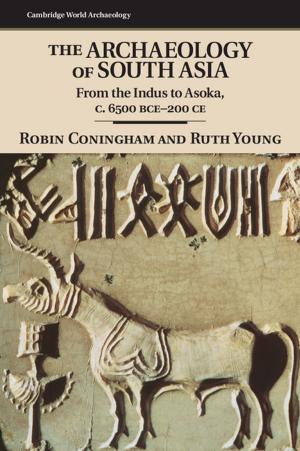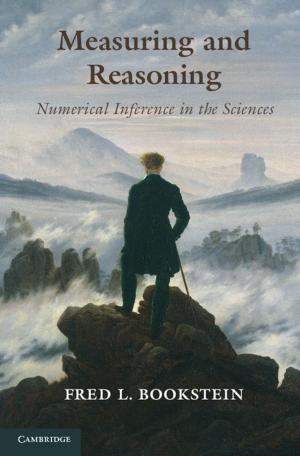Remembering Constantine at the Milvian Bridge
Nonfiction, History, Ancient History, Religion & Spirituality| Author: | Raymond Van Dam | ISBN: | 9781139064194 |
| Publisher: | Cambridge University Press | Publication: | April 29, 2011 |
| Imprint: | Cambridge University Press | Language: | English |
| Author: | Raymond Van Dam |
| ISBN: | 9781139064194 |
| Publisher: | Cambridge University Press |
| Publication: | April 29, 2011 |
| Imprint: | Cambridge University Press |
| Language: | English |
Constantine's victory in 312 at the battle of the Milvian Bridge established his rule as the first Christian emperor. This book examines the creation and dissemination of the legends about that battle and its significance. Christian histories, panegyrics and an honorific arch at Rome soon commemorated his victory, and the emperor himself contributed to the myth by describing his vision of a cross in the sky before the battle. Through meticulous research into the late Roman narratives and the medieval and Byzantine legends, this book moves beyond a strictly religious perspective by emphasizing the conflicts about the periphery of the Roman empire, the nature of emperorship and the role of Rome as a capital city. Throughout late antiquity and the medieval period, memories of Constantine's victory served as a powerful paradigm for understanding rulership in a Christian society.
Constantine's victory in 312 at the battle of the Milvian Bridge established his rule as the first Christian emperor. This book examines the creation and dissemination of the legends about that battle and its significance. Christian histories, panegyrics and an honorific arch at Rome soon commemorated his victory, and the emperor himself contributed to the myth by describing his vision of a cross in the sky before the battle. Through meticulous research into the late Roman narratives and the medieval and Byzantine legends, this book moves beyond a strictly religious perspective by emphasizing the conflicts about the periphery of the Roman empire, the nature of emperorship and the role of Rome as a capital city. Throughout late antiquity and the medieval period, memories of Constantine's victory served as a powerful paradigm for understanding rulership in a Christian society.















